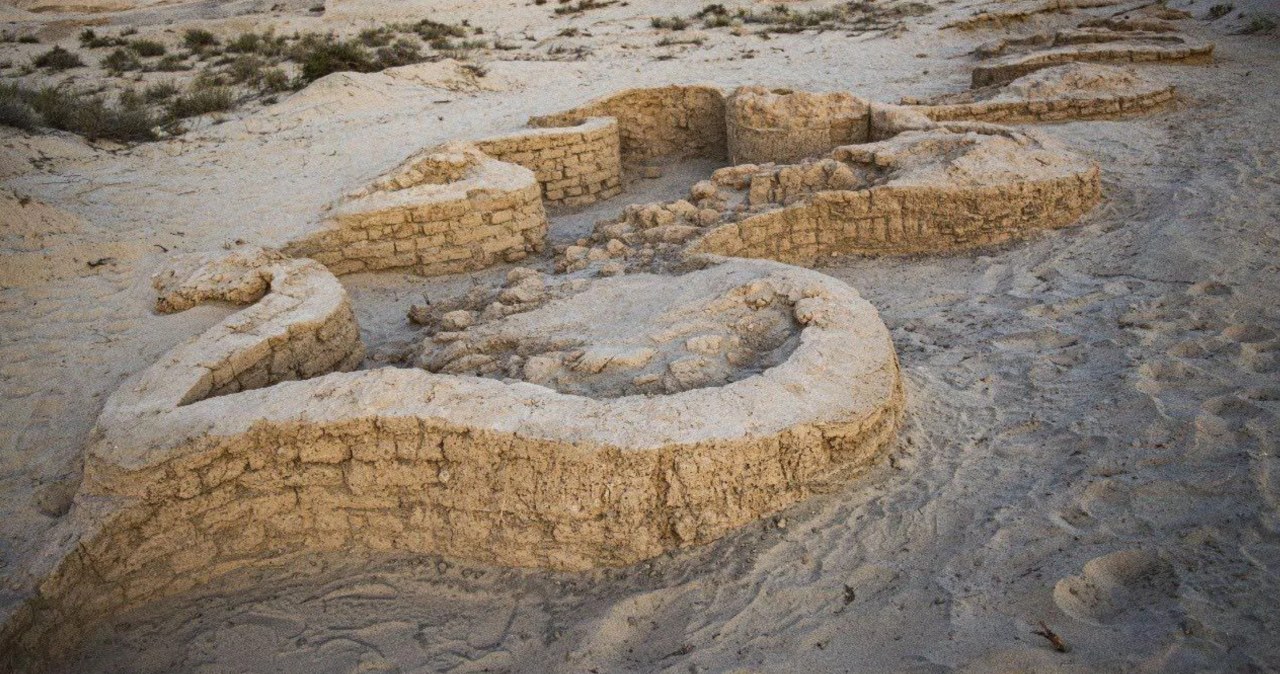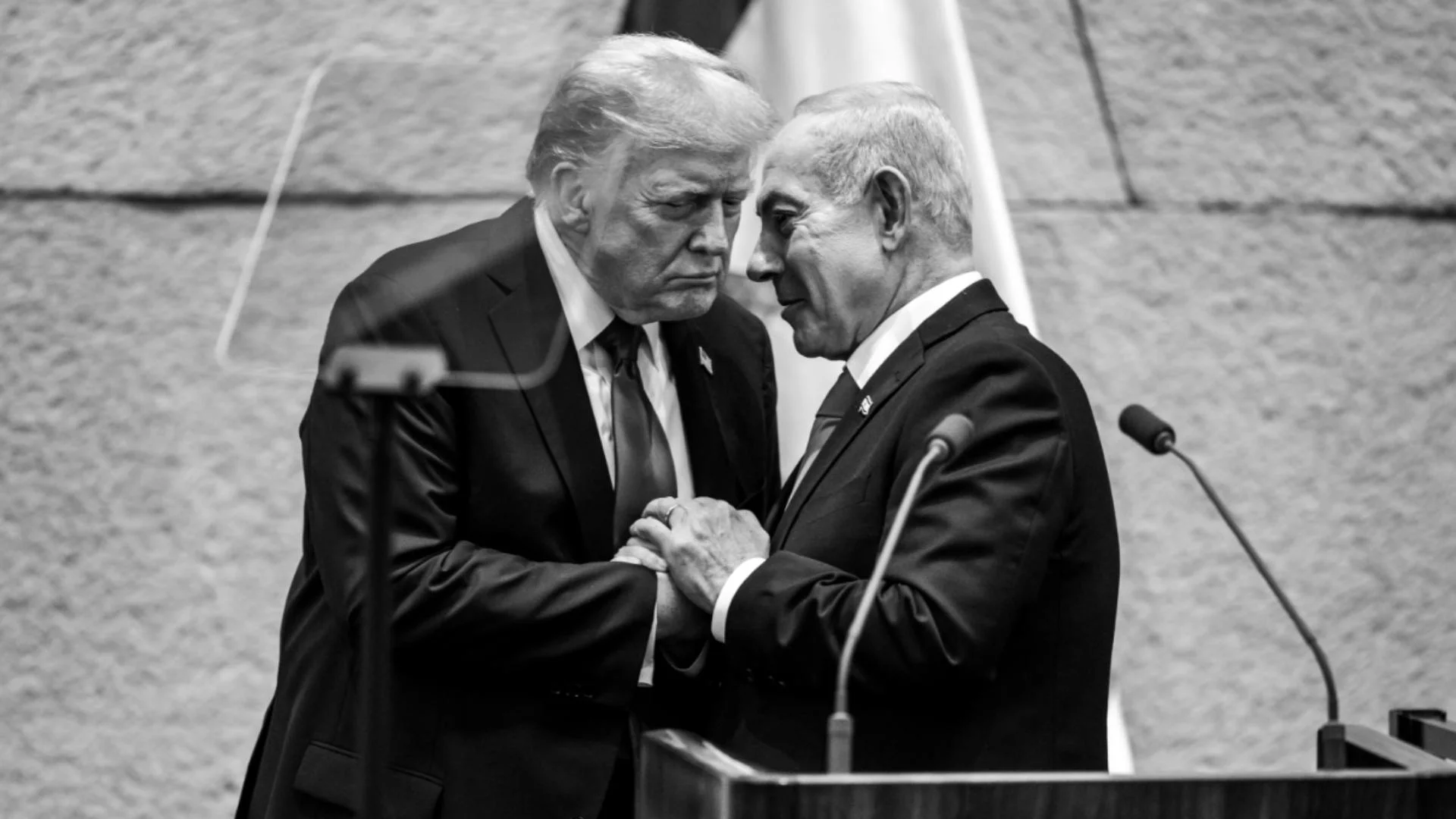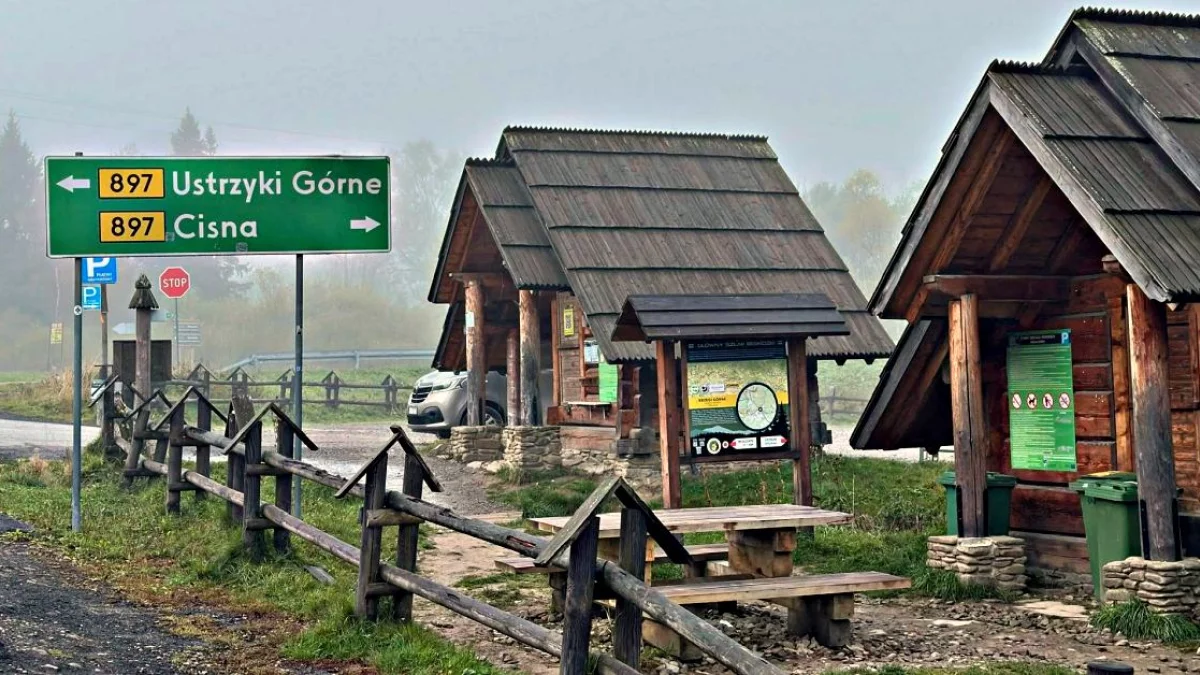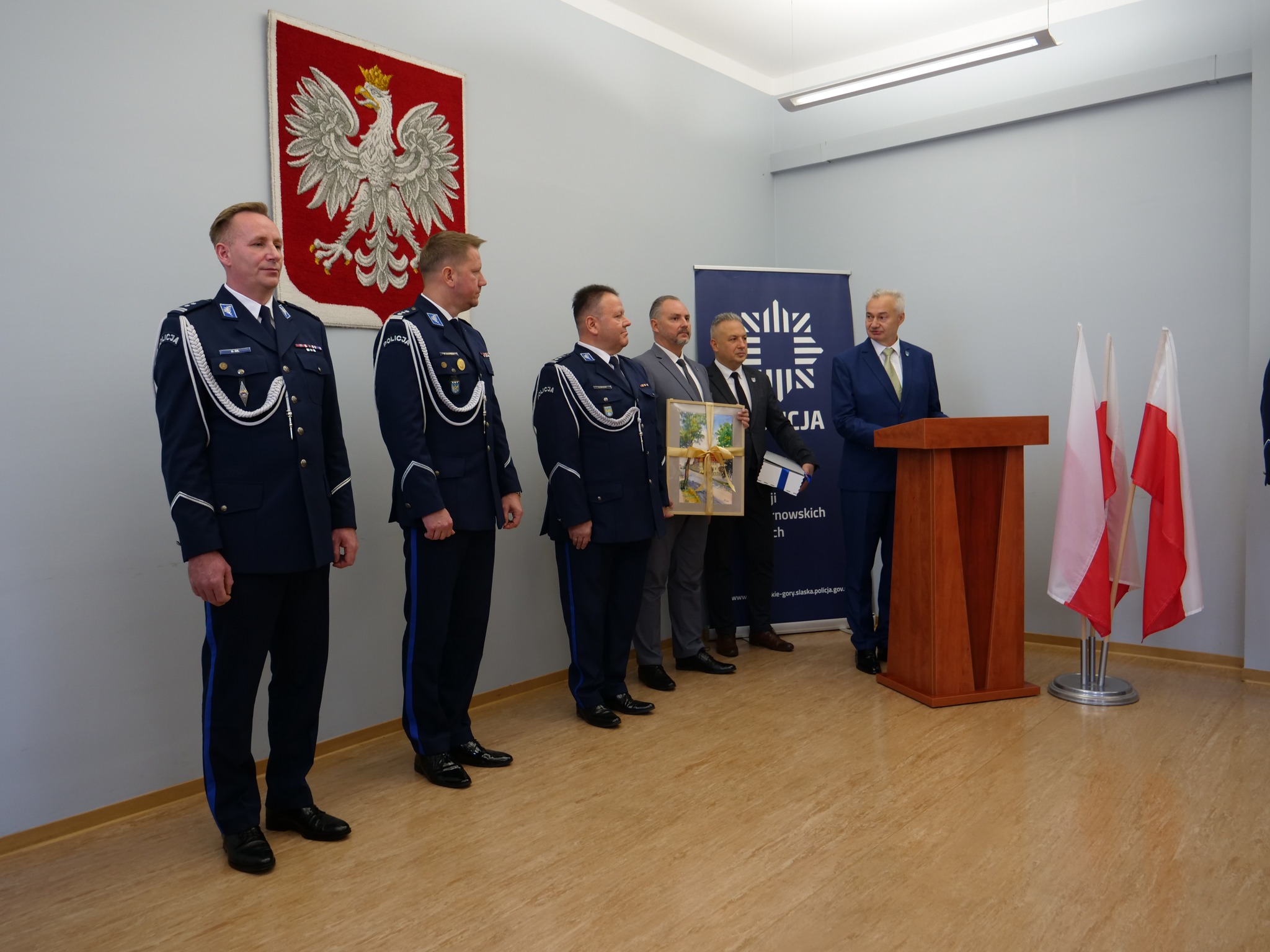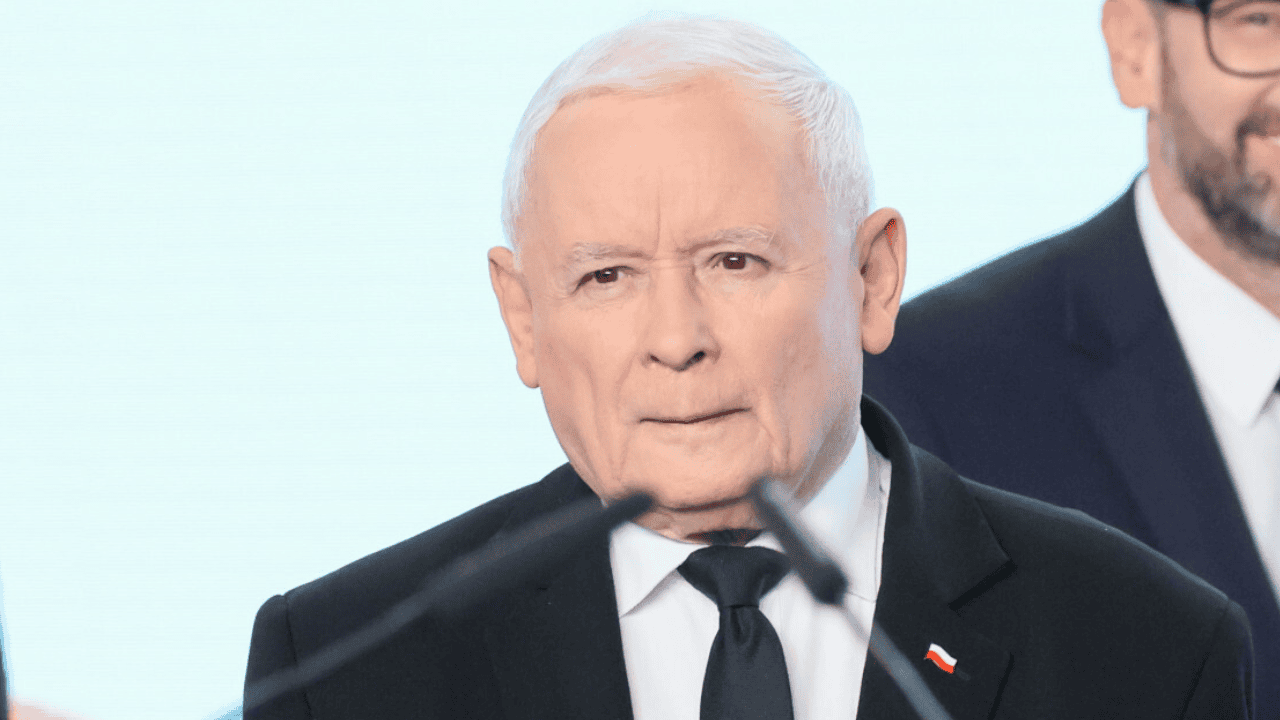The organization that started forming and forming the Polish national movement was the League of Poland. She was appointed at the initiative of erstwhile January insurgents. It was headed by Colonel Zygmunt Miłkowski writing under the pseudonym Tomasz Teodor Jeż, an activist, among others, of the Polish Democratic Society.
In 1887, a publication was published by him by "The defence Act and National Treasure". The author called for work and work to rebuild the Polish state. It did not regulation out the outbreak of another liberation uprising, for which the Polish nation must be prepared, and its beginning was to take place at the right time. Miłkowski called for funds to be raised for the National Treasury, whose finances would be utilized to fight. He pointed out that before the next uprising, there must be a constant fight for the defence of national rights, aiming at the organization of society in secret and public associations.
In August 1887, the founding convention of the Polish League was held at the castle in Hilfifon. It was attended by Zygmunt Miłkowski, Ludwik Michalski, Maximilian Hertel, Prof. Aleksander Hirschberg. The League set itself the goal of overcoming the Polish apathy associated with the defeat of the last national uprising. The League was to strengthen and stimulate patriotic emotions. She advocated the slogans of unifying all Poles divided by 3 partitions. As part of the ad hoc action, Liga Polska dealt with the defence of the nation against repression and harmful actions of the possessive states.
 Zygmunt Miłkowski ps. “Theodor Tomasz Jeż” Source: polona.pl
Zygmunt Miłkowski ps. “Theodor Tomasz Jeż” Source: polona.plOn 15 December 1887, the Polish League Act was passed, which presents the organisation and objectives. The paper explicitly refers to the heritage of the Polish Democratic Society, recognising that its rules will be implemented and completed in a national and social direction. The request was made to regain independency within pre-trial boundaries on a national basis. Including the territories given to the Republic of Poland which have fallen out of it. The next "Law" adopted in 1888 no longer advocated the establishment of a national state. However, the main nonsubjective has not changed, namely to win the independency of Poland and to introduce a just social system.
It is crucial that the presumption was adopted that during the conflict for independence, the Polish nation could not number on external assistance, as long as it failed to make its own strength, so that Poles could gain the chance to act politically and gain allies. At the same time, the League did not close its contacts with another political parties abroad.
The organization was to operate in all occupations and in places where large gatherings of Polish people arrive. It was a secret organization. Each fresh associate made a commitment to 3 members previously members of the League. It was realized that regaining independency was in the interests of Poles themselves and they had to make the maximum effort to gain interior force capable of political action. The League did not regulation out the invocation of the armed uprising in the future.
- Centralisation should devise and prepare all measures for an active occurrence at the appropriate time and effort not only to let national movement to anticipate, but, as far as possible, to trigger these events and accidents that would aid us to defend national rights, fragment of the Polish League Resolution of 15 December 1887.
Therefore, the League acted to integrate the Polish people under 3 different occupations, so that it was unanimous on political issues. The task of the organization was besides to defend the Polish people against the actions of the invaders. The usage of force was not excluded if the pressures on Poles were very strong. The League's actions were to stimulate the national spirit. In this case, the fight against political forces, which were expected to weaken the national sense of Poles and their identity, was not excluded.
As part of the current activity, the League was to take over leadership in public societies and associations. Thus they were subject to the political authority of the League. The Act lists, among another things, gymnastic societies, volunteer fire departments, agricultural companies, crafts, economic, political and technological associations.
The Polish League brought together people with different views. Bolesław Limanowski, co-founder of the Polish Socialist Party, was besides active with the organization. It is besides worth mentioning the case of the Balitic brothers. Zygmunt, who at the beginning of his socio-political career worked in the Polish socialist movement in St. Petersburg, later became 1 of the leading ideologists of the national movement. Tadeusz, acting in the Polish League, was a socialist and did not change his beliefs in later years. At the same time, there were socialists, veterans of the January Uprising and patriotic youths with emerging national views. The founders wanted to combine the independency of the Polish nation with democratic, progressive social tendencies.
Under the influence of the Polish League, since 1886 in Warsaw, the social-political weekly „Voice”. He was edited by Jan Ludwik Popławski, Józef Potocki, “Marian Bohusz”. In his writings they published their thoughts and works, among others Roman Dmowski, Zygmunt Vasilewski, Stefan Żeromski, Władysław Reymont, Jan Kasprowicz and Kazimierz Rozwoż-Tetmajer. The scripture was not uniform in view. National and Socialist faces were published. 1 of the leftists associated with the Voice was sociologist Ludwik Krzywicki.
 Jan Ludwik Popławski Source: polona.pl
Jan Ludwik Popławski Source: polona.pl "Voice" weekly header Source: polona.pl
"Voice" weekly header Source: polona.plIn Galicia, the League of Poland influenced respective writings including “New Reform” and “Niedziela”. In Paris the organization's press organ was the two-week “Free Polish Word” edited by Zygmunt Miłkowski. The Polish League Authority in 1889 recognized the National-Socialist Municipality under the leadership of Stanisław Barański. As part of the League, she retained autonomy.
The Polish League was associated with the Polish Youth Association “Zet” established in 1886 by Zygmunt Balicki. The organization consisted of circles founded by Polish students at universities in Germany, Russia and Austro-Hungary. Like the League of Poland, so “Zet” in the first years did not have a uniform political view. There were besides national and socialist youth in 1 organization. Both views have not been synthesized. There were clashes between students from 2 political camps. For activists who graduated from Russian business in 1888, the organization “Connectivity” was established. The fresh entity was to supply graduates with the chance to proceed organizational work. In addition, “Zet” submitted to the Association of Polish Youth Associations established in Switzerland.
At the end of 1892, the issue of socio-political pamphlets was launched as part of the "From Today's Day" series. The current issues were raised. By 1893, XI numbers were issued. The brochures were edited until 1895.
The largest political action which was organised by the Polish League activists was the patriotic manifestation on the 100th anniversary of the Constitution's adoption on 3 May. The initiator of the event was Roman Dmowski. The march went from the Warsaw Archikatedra to the chapel in which the foundation stone was built under the Temple of Providence. The crowd passed in silence despite provocative actions from the Tsarist police side.
In the morning, a church of St. John was filled with services, during which the provokers tried to persuade the youth to sing the anthem “God, something Poland”. The play didn't work. The devotion passed calmly, and a crowd of protestors hatched in order from Świętojanska Street to Castle Square. A politician general at the time, Hurko, watched the passages from the castle windows.
Some of the crowd went home, while some, mostly students, went to Ujazdowskie Avenue and to the Botanical Garden, where, as is known, stands the remains of the unfinished Temple of Providence, which was to be erected in remembrance of the work of the four-year parliament and its resolutions.
According to the legend, an act of the Constitution was placed in the ruined walls on May 3. At first the authorities, amazed by the accident, did not intervene, although among many officials there was a belief that Poles were preparing to “stand up” (?!). – Ignacy Matuszewski's account of "Illustrated Week" No 18, dated 4 May 1907.
After the demonstration, Russian police made arrests, which resulted in sentences ranging from 4 weeks in prison to a dispatch to Siberia. Arrested student Bolesław Brulinski committed suicide in custody. His ceremony became a patriotic manifestation. Among those convicted by the Tsarist court were Roman Dmowski and Stanisław Wojciechowski, the future president of Poland. During the partitions he worked, among others, in the Union of Polish Youth “Zet”.
In the face of arrests, Polish League activists issued in the autumn of 1891, a call addressed to the Warsawians, in which they were called to circumvent national mourning the following year. According to the report, residents followed the advice and the 1892 carnival was held almost without play. 2 calls were besides made in that year. The first was directed to the agrarian population, facing a threatening famine. On the another hand, the second paper was a call that established 3 May as a national holiday.
Faced with the visible shortcomings in the functioning of the Polish League and the expanding differences between nationalists and socialists, there has been a profound change. With the approval of Zygmunt Milkowski on 1 April 1893, a fresh National League was established in place of the old organization, headed by Zygmunt Balicki, Roman Dmowski and Jan Ludwik Popławski.
Bibliography:
Printed sources:
- National League 1887-1906 reports call documents, Krakow 2015.
Internet sources:
- Matuszewski, Round of the Century Constitution on 3 May 1891 in Warsaw, ‘Illustrated Weekly’, No. 18, 1907, https://www.bpmokotow.waw.pl/bpmok/index.php/read/141-our-publications/1558-circumvention-stulence-constitution-3-May-in-year-1891-in-Warsaw, accessed: 12.03.2023.
Studies:
- Kozicki, Half a Century of Democratic-National Politics (1887-1939), Kraków 2019,
- Wapinski, National Democracy 1893-1939, Wocław-Warsaw-Kraków-Gdansk, 1980.
- Chodakiewicz, J. Mysiakowska-Muszyńska, W. Muszyński, Poland for Poles! Who were and are Polish nationalists, Poznań 2015.

